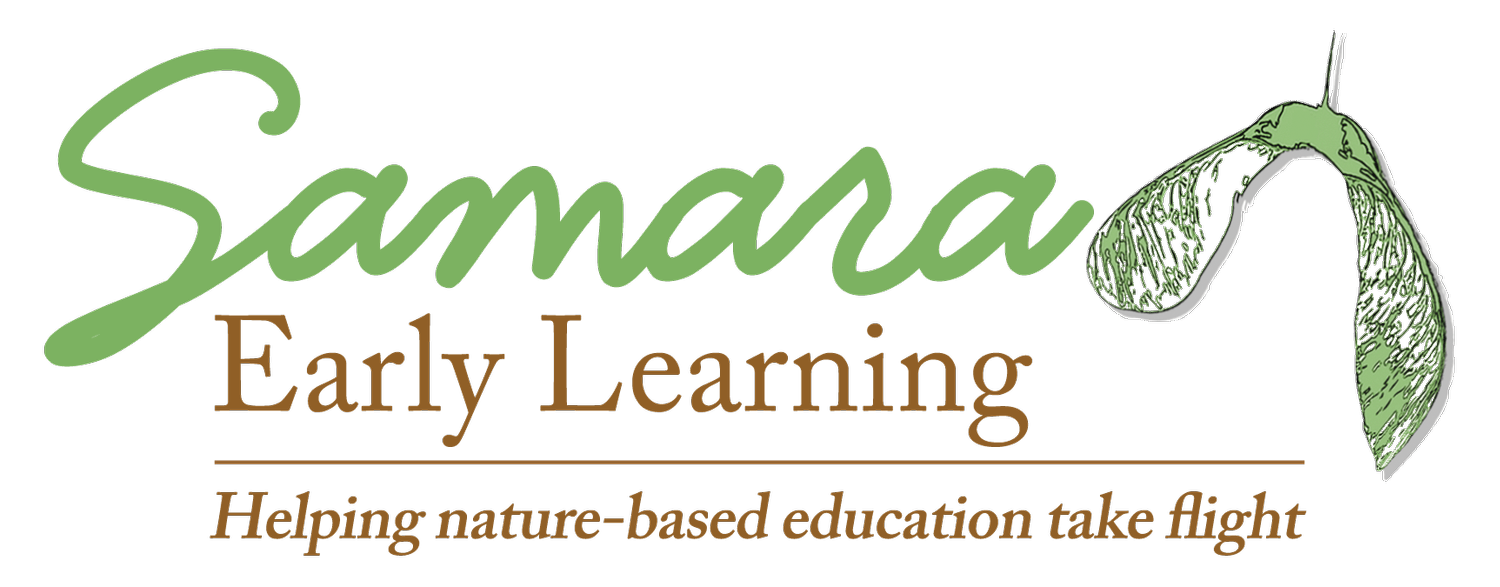Taking a break that meets your needs
This post originally appeared in Dr. Rachel A. Larimore’s weekly Samara newsletter on June 7, 2022. If you’re interested in receiving these emails, scroll to the bottom of this page to subscribe.
Here in the U.S. many early childhood educators have now made the switch to summer mode. (If you’re in the southern hemisphere, I hope you get to enjoy a winter break soon!) Summer mode means different things to different people. The switch to summer mode could mean a different group of children, slight changes in contact hours, or more extensive time off.
There are many different approaches to making the most of summer. Some find value in disconnecting from work completely and focus on hobbies, reconnecting with friends and family, and spending time in the natural world. Others choose to include personal growth and internal work in their summer plan. And there are others who disconnect from the day-to-day frenzy of teaching but include professional learning in their break.
There is value in all of these approaches! In my workshops lately I’ve been talking more and more about the importance of taking care of ourselves (physically and mentally) to be the best teachers we can be. This includes both the personal and professional sides of our identity.
Reconnecting with self and others
Spending time on hobbies or reconnecting with friends and families reminds us we are more than our profession. These activities help to connect us back to ourselves. Being fully ourselves is essential to good teaching.
“Good teaching cannot be reduced to technique; good teaching comes from the identity and integrity of the teacher.” ~Parker Palmer
If you’d like to reflect more on the overlap of personal growth and professional learning, check out Parker Palmer’s book The Courage to Teach: Exploring the Inner Landscape.
As nature-based educators, time in nature helps connect to ourselves, as well as something bigger than ourselves. Additionally, spending time in nature, whether it’s where we live or somewhere else, helps us connect to our sense of place.
"[Nature] nurtures our spiritual side—our sense of self, our basic dispositions of wonderment and joy, and our complex dispositions of caring, kindness, empathy, and reverence that are capable of guiding us to becoming kinder human beings, thus creating a better world." ~Dr. Deborah Schein, author of Inspiring Wonder, Awe, and Empathy: Spiritual Development in Young Children.
Professional learning
Finally, some find breaks from teaching to be an ideal time for professional learning. This might include reading nature-based books such as Teaching Off Trail, Nature-based Learning for Young Children, Creating Your Earth-Friendly Early Childhood Program, or even my book Preschool Beyond Walls (I know “preschool” is in the title, but even those at the infant/toddler and elementary level will find value.)
If you’re one who prefers learning in community with others, I encourage you to check out The Grove. (See the news below about this week’s sale!)
I also encourage you to check out the Natural Start Alliance’s Nature-based Early Learning Conference. This year we’ll be gathering in Cincinnati, Ohio. And, there is also an online conference! (I will be presenting both online and in-person sessions.) If you’re interested in participating, get all the information and register here.
It has been a tough year to say the least. So, however you choose to spend your break, I hope you find restoration and rejuvenation. After all, the world needs to you to be fully you so you can…
Keep changing lives!
Rachel
Rachel A. Larimore, Ph.D., Chief Visionary of Samara Learning
About Rachel
Dr. Rachel A. Larimore is an educator, speaker, consultant, author, and former nature-based preschool director. As the founder and Chief Visionary of Samara Early Learning her work focuses on helping early childhood educators start nature-based schools or add nature-based approaches into their existing program. Learn more about Rachel here.


